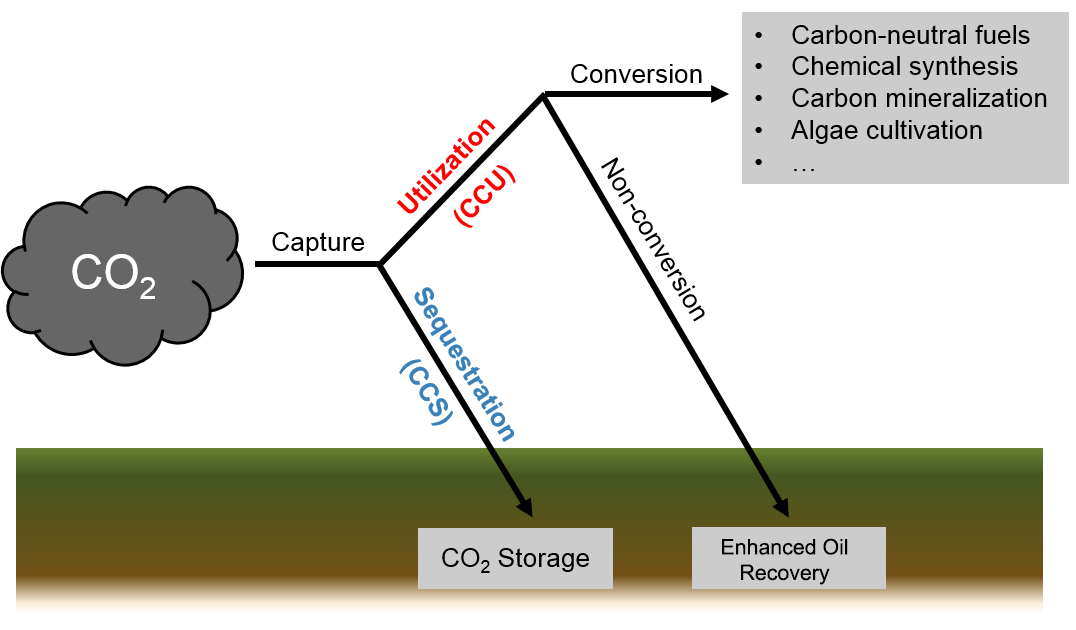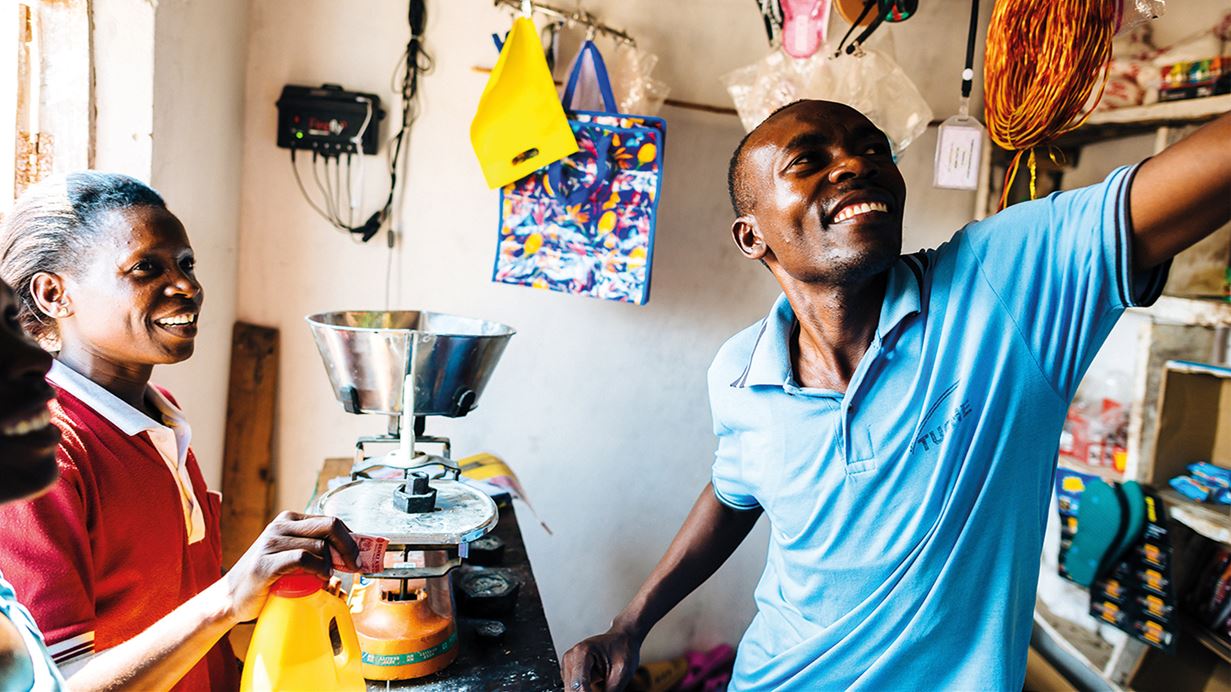
Successful green initiative that’s bagging the headlines
One green initiative is having a huge success – charging for plastic bags.
Shoppers have cut the number of their single-use plastic bags they buy to just seven a year compared to the 38 they bought in 2016-17.
England’s annual total is now down from 2.1 billion in 2016-17 to 406 million in the last financial year.
In 2015 a 5p charge was brought in for supermarkets which was later doubled to 10p and then expanded to cover smaller retailers.
“What is also encouraging,” said Midlands energy expert Ron Fox, “is that Tesco and Waitrose sold no single-use plastic bags last year.”
All the other big supermarkets had a drop in the number of bag sales apart from Sainsbury which had an increase of 2.7 million bags.
Other good news is that Northern Ireland, Wales and Scotland have all introduced similar schemes.
However, the new figures published by the Department for Environment, Food and Rural Affairs (Defra) do not cover retailers with fewer than 250 employees.
Ron said the problem is that plastic sticks in the environment for years and has been found all over the world including the Arctic. Plastic bags also contribute to global warming as they are made from chemicals that come from oil, gas and coal.
This is then made worse if they are burnt in incinerators which releases more climate-wrecking gases and toxic air pollution.
On top of that they threaten wildlife as they spread toxins and enter our rivers, soils and oceans and get into the food chain.
Ron said another downside of the shrinking plastic mountain was that the amount of money raised for good causes by the bag levy has shrunk from £65 million at the highest point to £6 million last year.
A government spokesperson pointed out that in the battle over pollution they have also restricted plastic straws and cotton buds, introduced a new tax on plastic packaging and from October 1 this year businesses must no longer supply, sell or offer certain single-use plastic items in England.
However, single-use plastic plates, bowls and trays may still be supplied to other businesses or if the items are packaged already, such as prefilled or filled at the point of sale.
“All these figures are very encouraging and going in the right direction,” said Ron, of Noreus Ltd on the University of Keele Science Innovation Park. “The only problem is that 406 million plastic bags bought in England last year is still far too high and the government needs to act more quickly to bring that figure down.”
For more information on how to cut down on plastic and your carbon footprint call Ron on 01782 756995.




